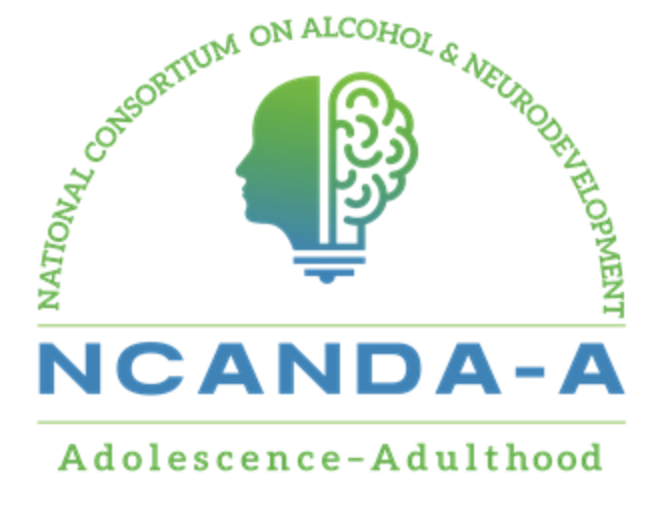National Consortium on Alcohol and Neuro-Development in Adolescence

The purpose of the National Consortium on Alcohol and Neurodevelopment in Adolescence (NCANDA) is to determine the effects of problematic alcohol use on the developing adolescent brain and examine brain characteristics that predict alcohol use disorder. At five sites, the consortium will collect a core battery, including structural and functional brain scans and cognitive testing, and conduct specialty projects on psychological regulation, sleep and alcohol discontinuation. The examination of alcohol consequences will focus on structural and functional maturation of brain areas that actively develop during adolescence, are key to psychological regulation and reward response, and may be vulnerable to toxic alcohol effects.
We recently received funding from the NIH to study the effect of the pandemic on the psychological wellbeing and behavior of the NCANDA participants. With respect to this cohort, we will focus on changes in wellbeing and behaviors (especially regarding alcohol use) and identify risk and protective factors for distress in response to the pandemic.
Principal Investigators
- Adolf Pfefferbaum, SRI International
- Kilian M. Pohl, SRI International
Collaborators
- Fiona Baker, SRI International
- Sandra Brown, UC San Diego
- Duncan Clark, University of Pittsburg
- Ian Colrain, SRI International
- Michael DeBellis, Duke University
- Bonnie Nagel, Oregon Health and Science University
- Susan Tapert, UC San Diego